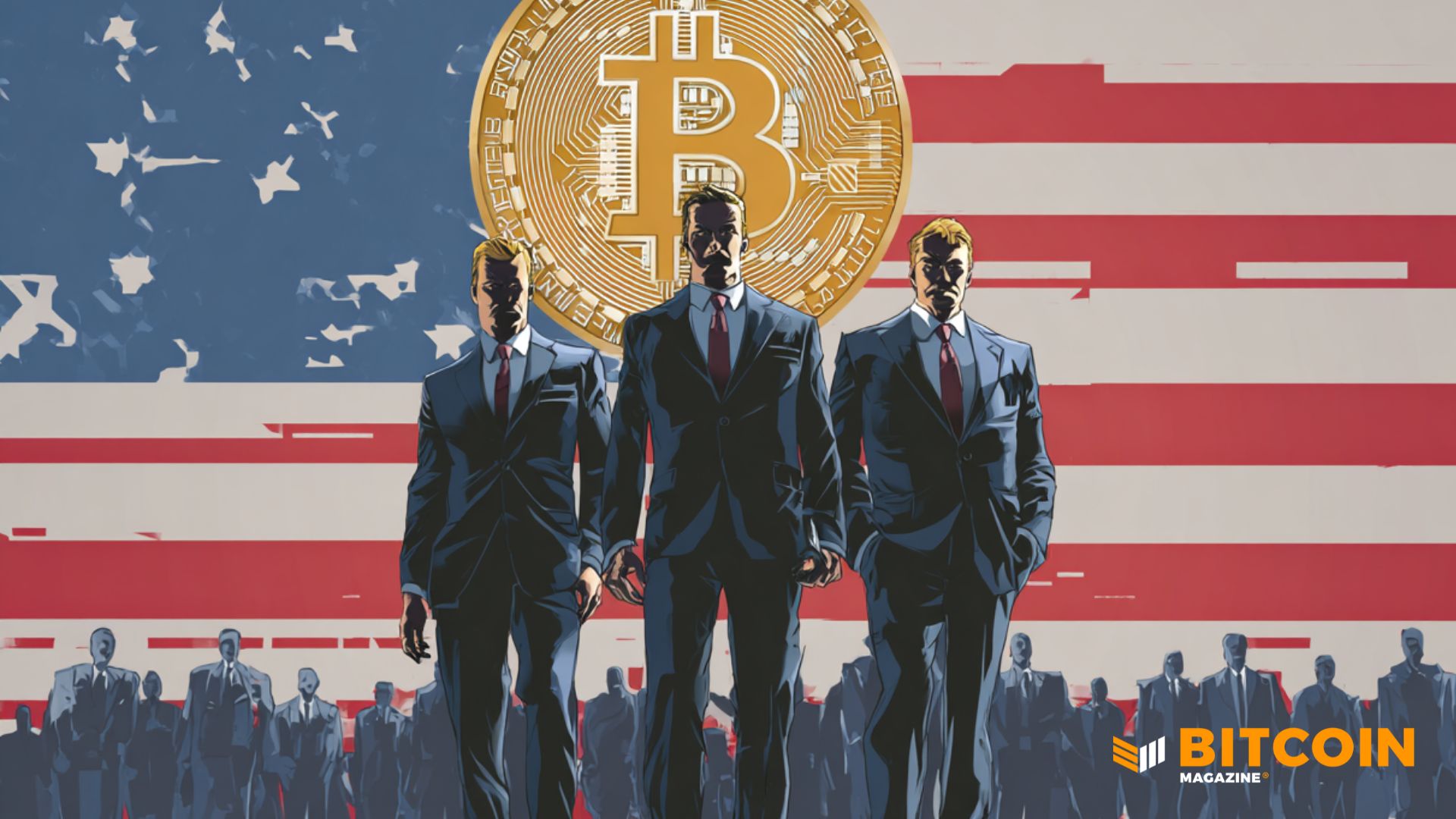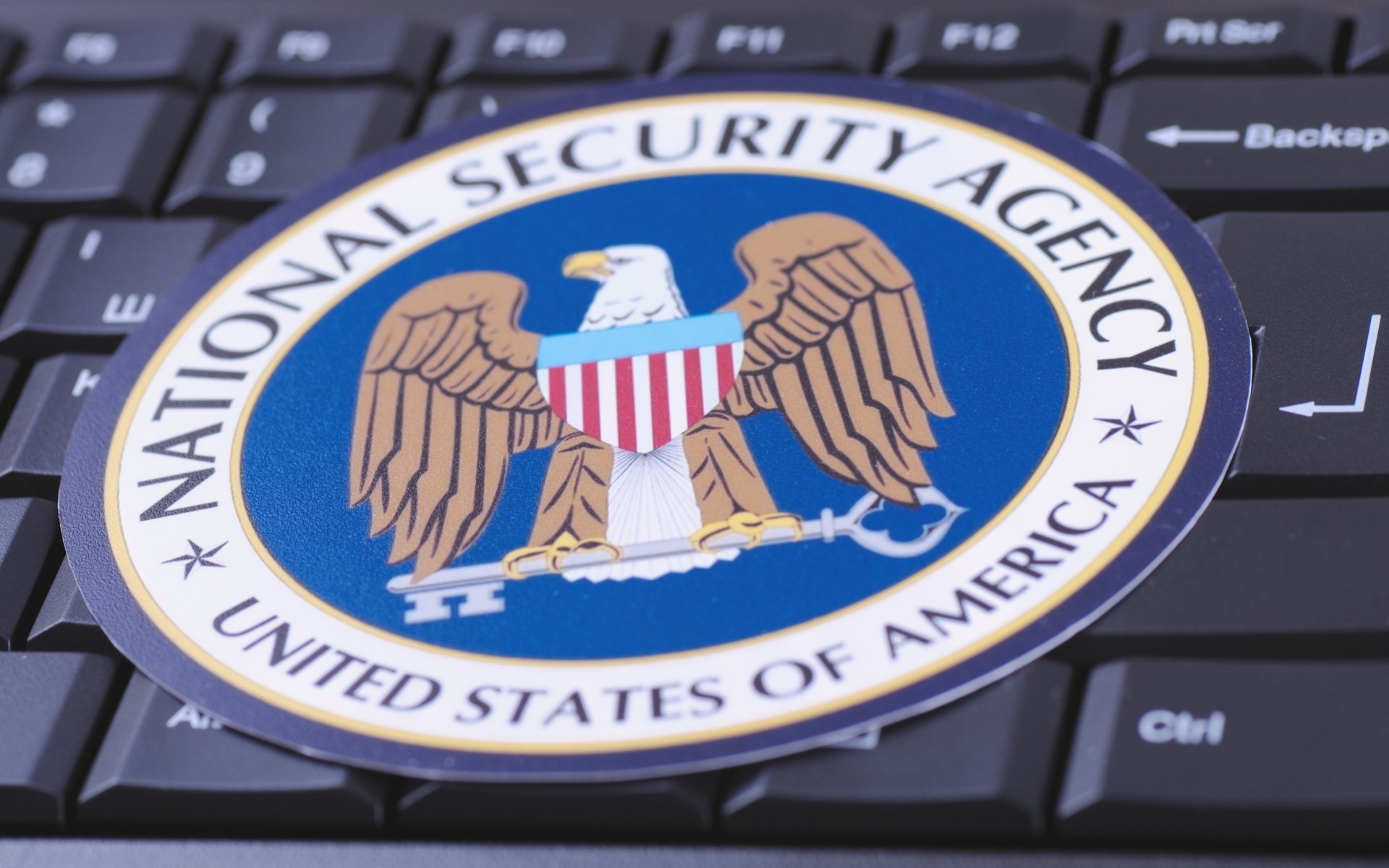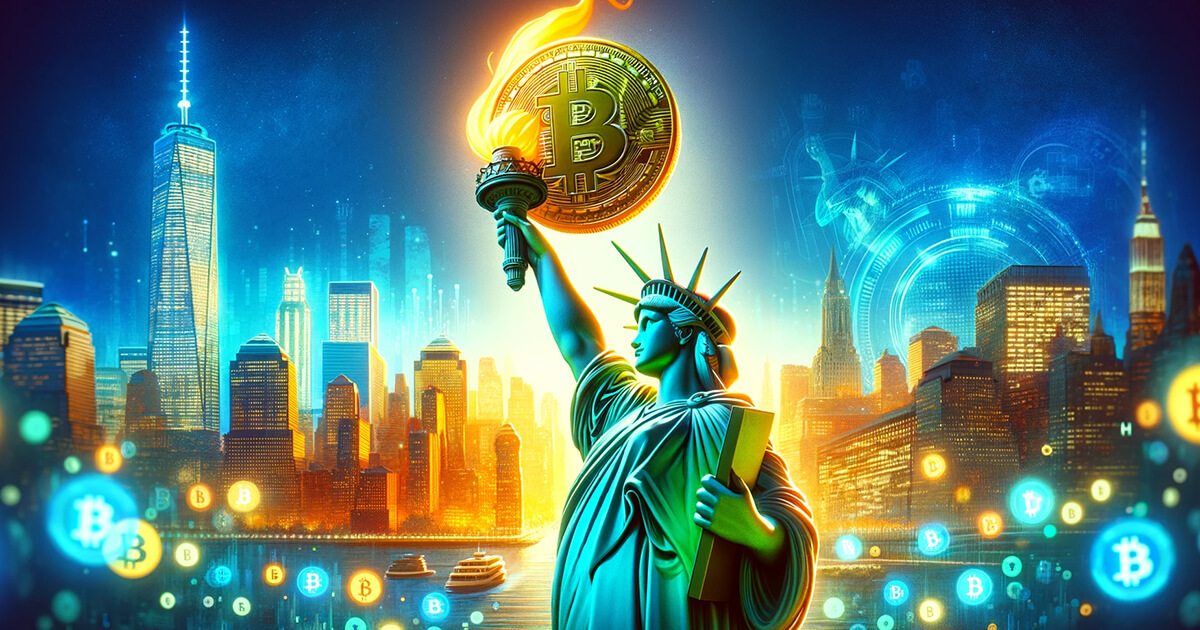2023-1-6 16:00 |
Recognizing the importance of digital currency in its recent National Security Strategy, the White House should consider embracing a bitcoin standard.
This is an opinion editorial by Matt Smith, an operations officer for the United States Air Force and an assistant professor of aerospace studies at the University of Nebraska-Lincoln.
As the country’s most adversarial competitors actively pursue ways to de-dollarize the world while simultaneously publicly announcing, “the economy of imaginary wealth is being inevitably replaced by the economy of real valuables and hard assets,” the race for bitcoin accumulation, the hardest and scarcest asset in the world, is not too far off in the not so distant future.
Countries will not ban Bitcoin. Instead, eventually, they will aggressively compete for it and those with larger fractions of 21 million will have greater strategic and economic primacy than their geopolitical competitors.
With that being said, the National Security Strategy (NSS) is a periodic document designed to communicate the vision of the executive branch and serve as the roadmap for U.S. that helps Congress carry out the directions laid out by the highest office in the land. The October 2022 NSS outlines how the White House “will seize this decisive decade to advance America’s vital interests, position the United States to outmaneuver geopolitical competitors, tackle shared challenges, and set our world firmly on a path toward a brighter and more hopeful tomorrow.”
These powerful words not only inspire hope and promise of a better future for the American people as the U.S. strives to continue to be the champion of freedom and democracy on the world stage, but they also recognize that if there are any missteps in the nation’s strategic interests, that might bring further darkness to a country desperately seeking light or, even worse, cost the nation to lose a grip on its global influence. It is imperative that the U.S. truly weighs all available options in order to secure the best outcomes that promote American values and protect the American way of life.
Digital Currency Can No Longer Be IgnoredPart of the most recent NSS, under the “Trade And Economics” section, states, “[the U.S.] will explore the merits and responsibly lead development of digital assets, including a digital dollar, with high standards and protections for stability, privacy, and security to benefit a strong and inclusive U.S. financial system and reinforce its global primacy.”
Despite being labeled “magic internet money” and “rat poison” over the last decade, the rise of Bitcoin secured its credibility and since then, has gradually made its way into committees and boardrooms consisting of members holding the highest positions of influence. It can no longer be ignored. The aforementioned excerpt of the NSS provides important insight into the executive branch’s current view of the growing significance of developing digital assets like Bitcoin.
One driver for this growing interest into digital assets is undoubtedly the U.S. national debt, as the nation currently runs a $31 trillion deficit with no sign of slowing down. Senator Rand Paul recently acknowledged that “the greatest national security risk is our debt” after the release of a single, $1.7 trillion (or roughly 95 million bitcoin, in today’s value) spending package. The mountain of national debt is certainly a cause of concern.
There are only two ways a deficit of that magnitude can ever be paid: either by default through a monetary reset or inflation. Because of the unsurmountable level of debt, there is a growing need for innovation to help solve this dilemma. The path to a digital dollar is nearly inevitable, as the era of 0% money quickly approaches its expiration date and forces the transition into a new monetary system that will be birthed into existence — a monumental shift of which the world has not experienced since the likes of the Nixon Shock in 1971. In 1971, instead of defaulting on its financial obligations, the U.S. changed the economic policy entirely, ended the Bretton Woods era and removed gold from being tied to the U.S. dollar.
If history is any future indicator of what will occur at the end of the next financial cycle, the U.S. will likely explore an alternative economic policy as alluded to in the NSS, but this time will introduce a central bank digital currency (CBDC), or a digital dollar, to avoid defaulting on its current debt which, ironically, is a form of default.
The U.S. Can Adopt BitcoinHowever, there may not be a need for the U.S. to invent a domestic digital dollar as Bitcoin fits the criteria that the NSS details. Bitcoin is the hardest form of money and provides the highest standards of protection to individuals. It is the most stable digital asset as it continues to release a new block every 10 minutes, and is the most inclusive monetary protocol as it allows not just individuals with social security numbers and two forms of government-issued IDs to access its benefits, but its open-source protocol grants protection and services to everyone including the 1.4 billion unbanked people across the world while the Lightning Network promotes efficient transactions, arguably the most important dimension of a globalized economy.
As more individuals, companies, banks and countries are forced by the market to pay out loans in bitcoin instead of notes, holders of the largest bitcoin stacks will naturally gain more influence. Its built-in deflationary nature and absolute scarcity features ensures that 100% of the work and value created by people is enjoyed and never diminished through monetary debasement. Lastly, Bitcoin’s enormous defense system discourages bad actors as the cost of attack has become too great and thus forces peaceful and mutually beneficial agreements.
In every sense, the Bitcoin protocol perfectly aligns with the core values of the United States and its national security strategy. Contrary to what some senior officials claim, Bitcoin does not generate a national security risk. Instead, ignoring the Bitcoin network would significantly impede the U.S.’s ability to pay its national debt, “outmaneuver [its] geopolitical competitors” and weaken the country’s economic instrument of power, which aims to leverage the country’s wealth to influence the behaviors of others. Thus, further delaying Bitcoin adoption is the national security risk.
This is a guest post by Matt Smith. Opinions expressed are entirely their own and do not necessarily reflect those of BTC Inc or Bitcoin Magazine, the University of Nebraska-Lincoln, the Department of Defense or the United States Air Force.
origin »SherLOCK Security (LOCK) íà Currencies.ru
|
|
































